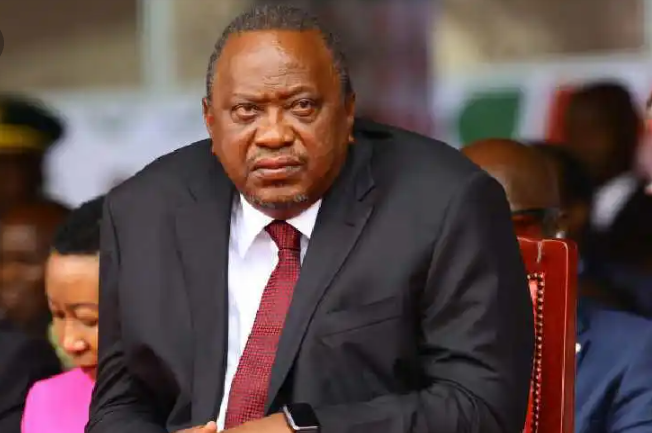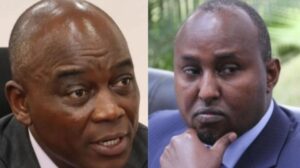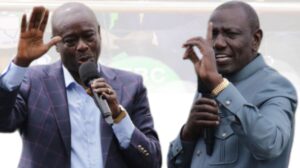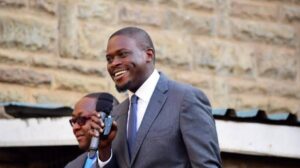In the intricate landscape of Kenyan politics, the dynamics between those in power and their predecessors often reveal deeper currents of influence and retribution.
The recent revelations surrounding former President Uhuru Kenyatta and his funding struggles have drawn attention to a recurring theme in the nation’s political theatre: the conditionality of retirement benefits for former leaders.
During his tenure, former President Uhuru Kenyatta reportedly withheld retirement benefits from prominent political figures such as Raila Odinga, Kalonzo Musyoka, and Moody Awori.
These leaders were allegedly expected to humble themselves before Kenyatta at State House to access their rightful entitlements.
This highlights a troubling aspect of Kenyan political culture where power dynamics overshadow legal and ethical standards.
Raila Odinga, known for his staunch independence, refused to submit to this demand, making a bold statement against what he perceived as an unjust expectation.
Fast forward to the present, and it seems history is repeating itself, albeit with roles reversed.
President William Ruto’s administration is now accused of similar tactics against former President Kenyatta.
Reports indicate that Kenyatta has been compelled to use his personal funds to maintain his office, a situation that underscores the ongoing struggle between Kenya’s current and former leaders.
This development has sparked discussions about the fairness and integrity of the political system, especially concerning the treatment of former presidents.
The withholding of retirement benefits, ostensibly as a means of maintaining political control or asserting dominance, poses serious questions about governance and the rule of law in Kenya.
The Presidential Retirement Benefits Act, designed to ensure that former heads of state receive financial support post-retirement, should function impartially, free from the influence of political grudges or vendettas.
The apparent failure to adhere to these principles suggests a deeper malaise within the political framework.
For Kenyans, this saga serves as a poignant reminder of the need for reforms that protect the dignity and rights of all public servants, irrespective of their political affiliations.
The office of a former president, like any other public office, should be respected and funded according to the law, not subject to the whims of the incumbent administration.
It is crucial for the stability and maturity of Kenyan democracy that such benefits are administered fairly and without bias.
This scenario also raises important questions about the sustainability of political relationships in Kenya.
The evident tit-for-tat strategy observed between successive governments risks perpetuating a cycle of retribution that can undermine national unity and progress.
For Kenya to move forward, there must be a conscious effort to break this cycle and establish a culture of respect and legal adherence.
The experiences of Raila Odinga and Uhuru Kenyatta, though separated by time and circumstance, reflect a persistent challenge within Kenyan politics.
The fair administration of retirement benefits is more than a matter of financial support; it is a testament to the nation’s commitment to upholding the rule of law and treating all leaders with the respect they deserve.
Ensuring justice and fairness in these matters will be critical to fostering a more robust and equitable political system.





















Add Comment